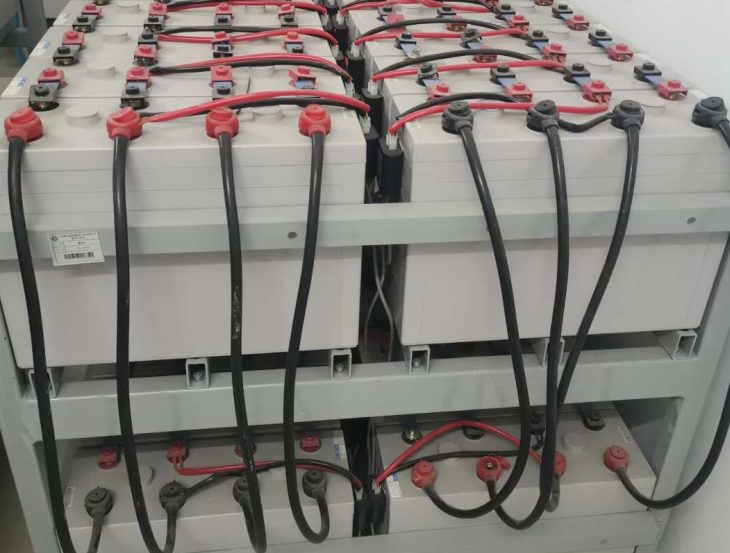If you replace the batteries in a battery pack, several things can happen depending on the situation.
- Improved Performance: If the old batteries were degraded or damaged, replacing them with new ones can restore the battery pack’s performance. This can result in longer runtimes, improved efficiency, and better overall reliability.
- Increased Capacity: New batteries typically have higher capacities and better energy retention compared to old ones. This means that after replacement, the battery pack may have a greater total energy capacity, providing longer usage times between charges.
- Compatibility Concerns: It’s important to ensure that the replacement batteries are compatible with the battery pack in terms of voltage, capacity, size, and chemistry. Using incompatible batteries can lead to poor performance, overheating, or even damage to the device.
- Safety: Replacing batteries should be done carefully to avoid short circuits or other safety hazards. Make sure to handle the batteries properly and follow any instructions provided by the manufacturer.
- Warranty Voidance: In some cases, replacing the batteries in a battery pack may void any warranty that came with the original product. Check the warranty terms and conditions before attempting to replace the batteries.
- Cost Considerations: Depending on the cost of replacement batteries and the complexity of the replacement process, it may be more economical to replace the entire battery pack rather than individual batteries.
- Environmental Impact: Properly disposing of old batteries is crucial to minimize environmental impact. Be sure to recycle or dispose of old batteries according to local regulations.
Overall, replacing batteries in a battery pack can potentially extend the lifespan and improve the performance of the device, but it should be done carefully and with consideration of various factors such as compatibility and safety.


